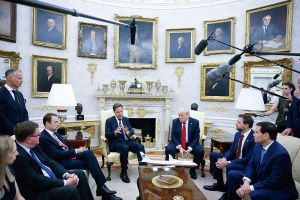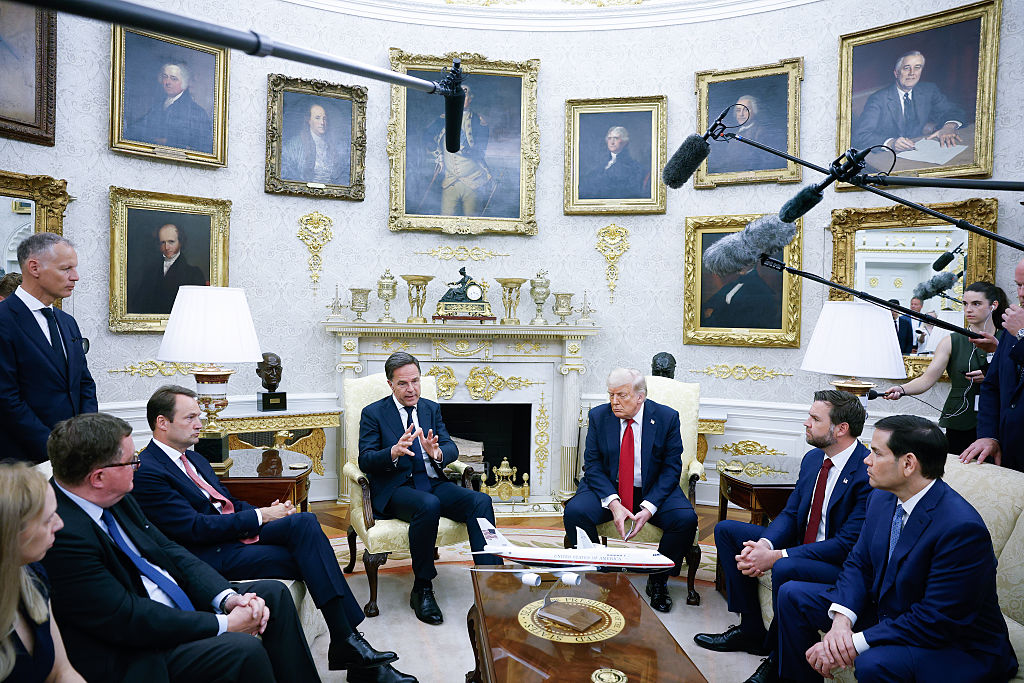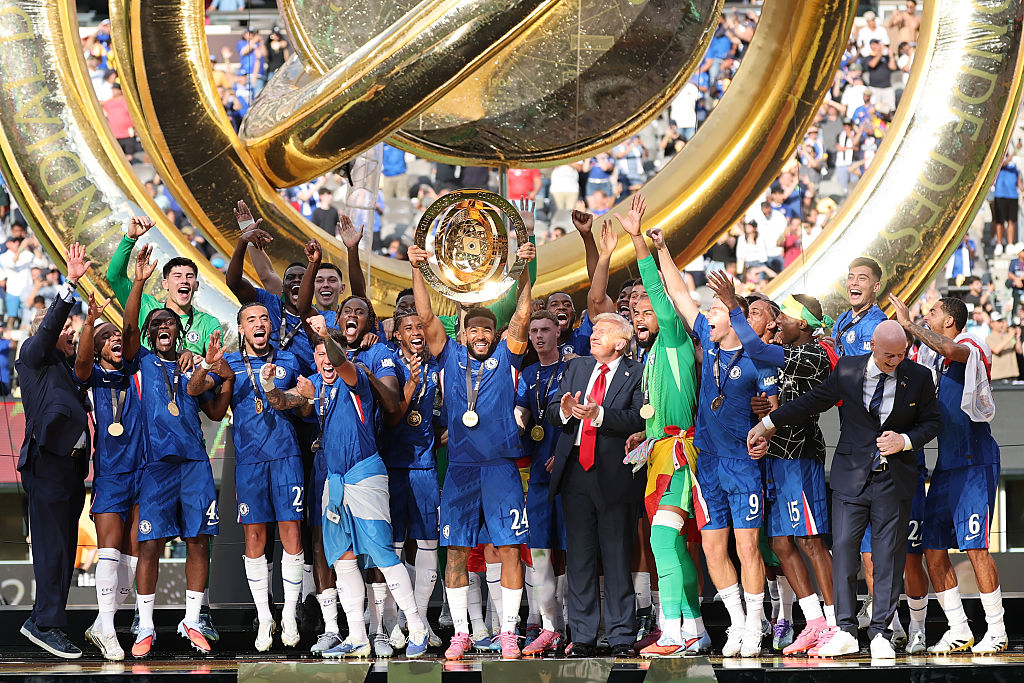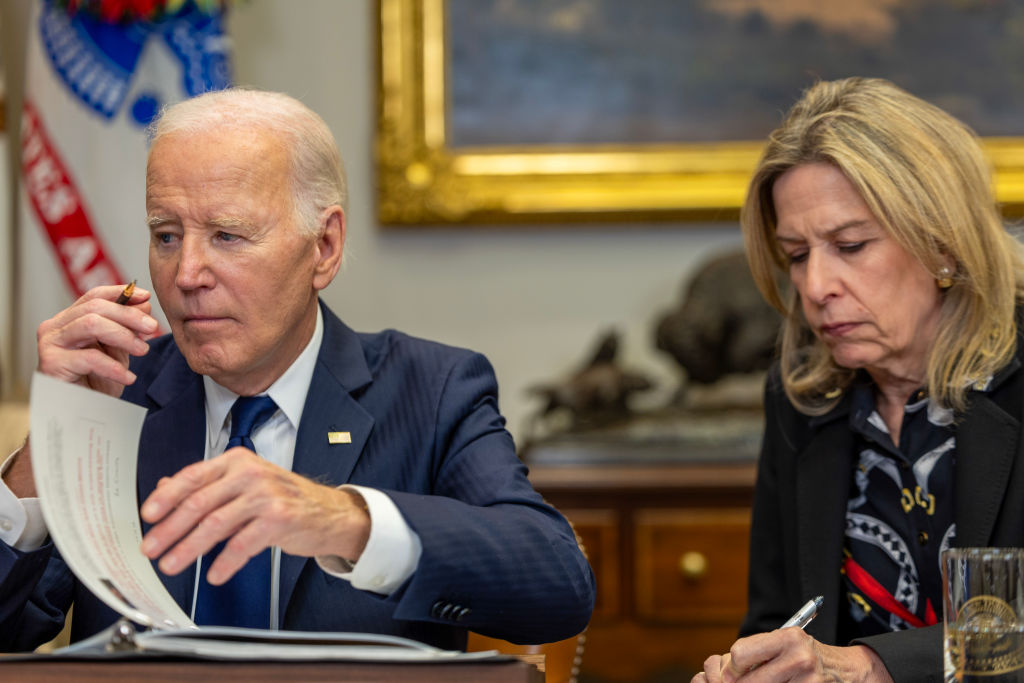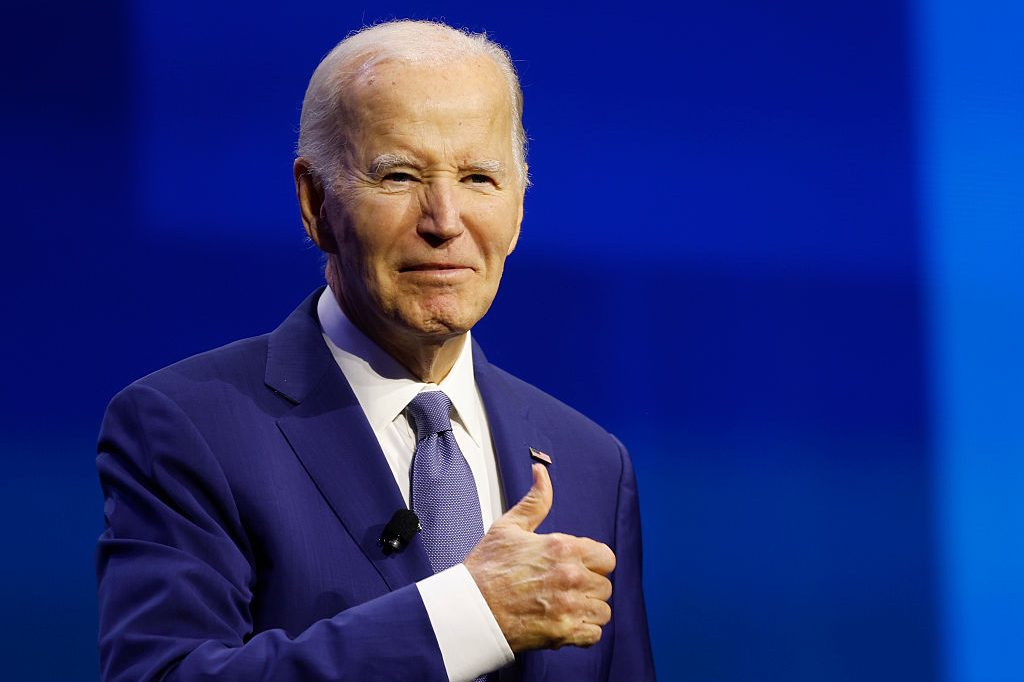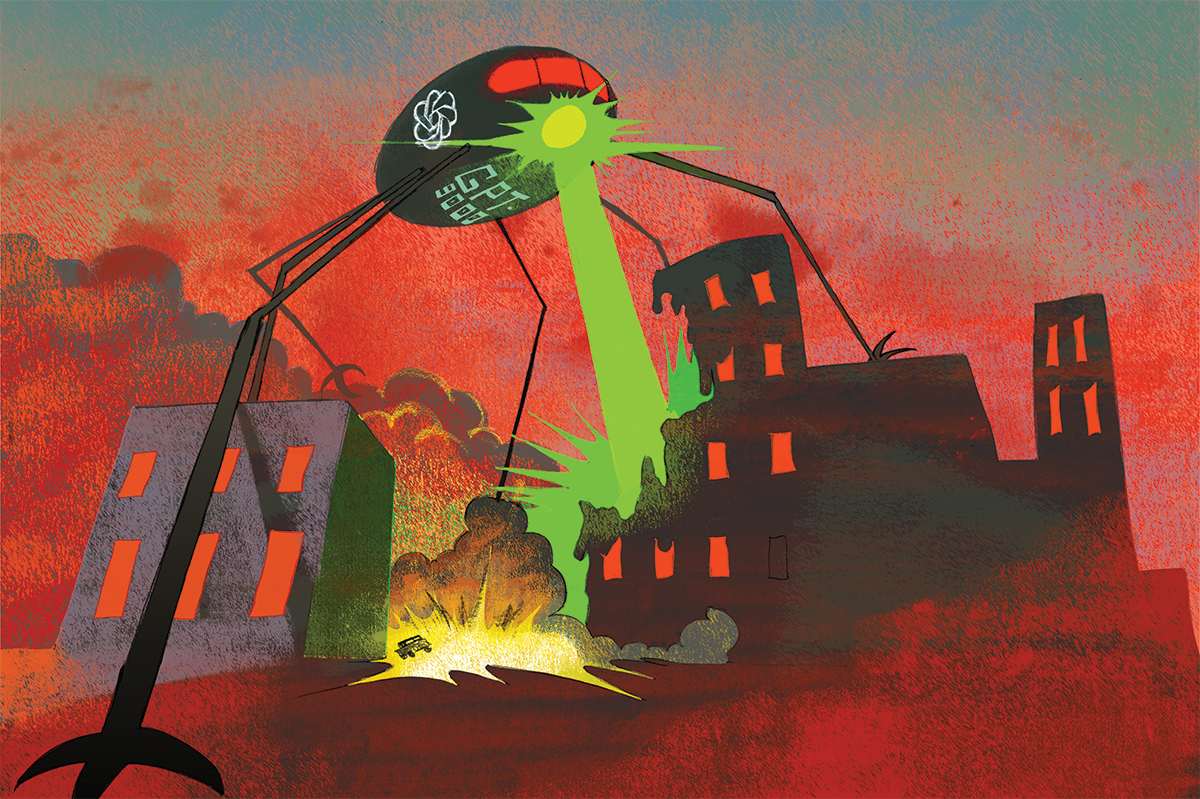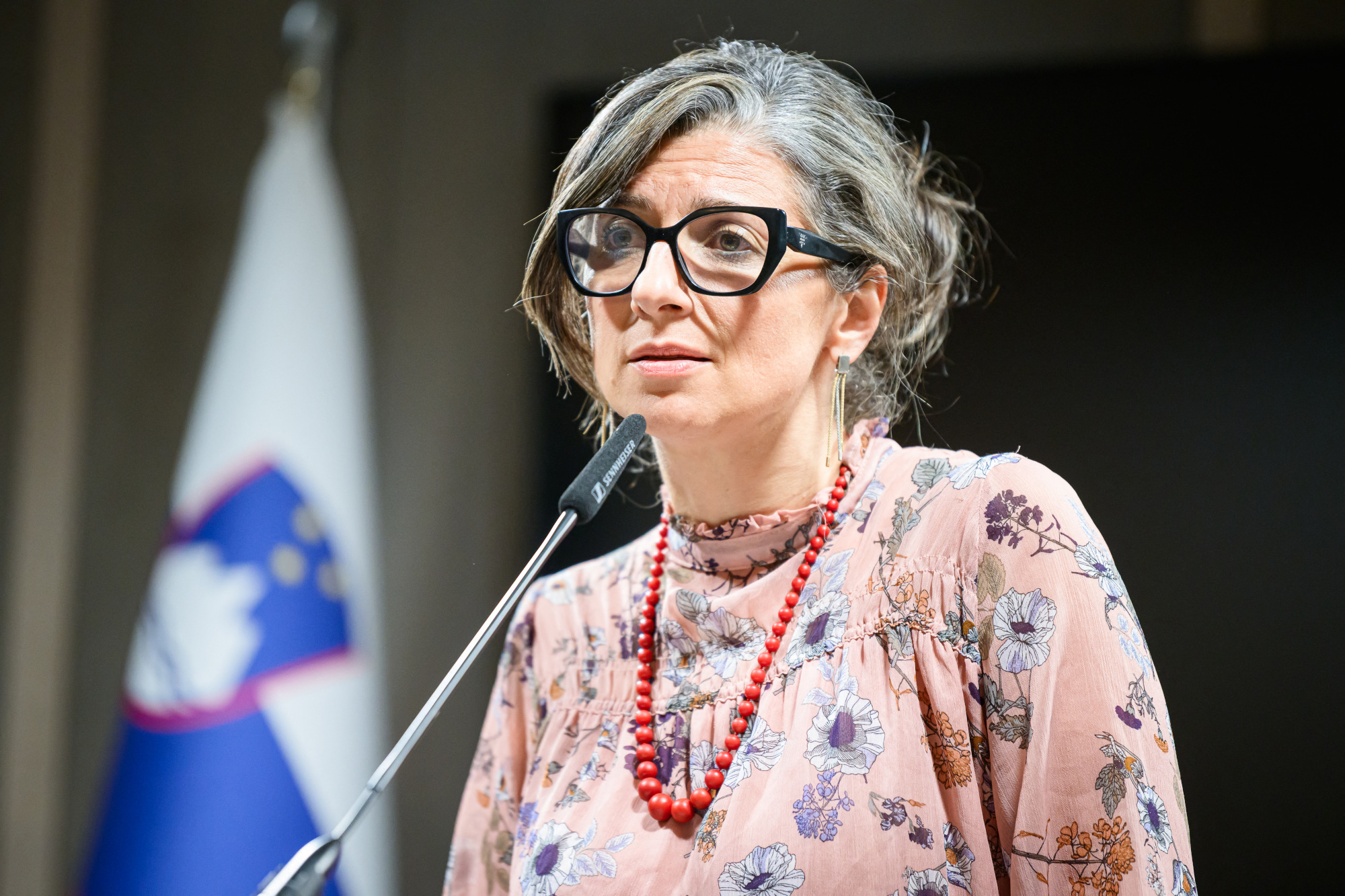When I lived in Texas from 2010 to 2013, I used to listen to NPR every morning on my drive to work. The reporting had a leftist bias, but NPR was good about hiding it. They were good at seeming to be objective. They would invite conservative commentators on shows, interview Republican politicians, and generally attempt to reach out “to the other side” for comment.
Of course, the time they gave to the other side was always brief, the right-leaning guests were never the most eloquent spokespersons available on the topic at hand, and the last word was always reserved for either a left-leaning guest or the host. Still, I appreciated the pretense.
I haven’t listened to NPR in nearly ten years, but the pretense has apparently been dropped. In UnHerd, William Deresiewicz, a longtime NPR listener and a man of the left, has had enough. NPR was “the soundtrack of his life,” he writes. He listened to it when he “drove, cooked, ate, exercised, did laundry — three or four hours a day, every day.” Not anymore:
My discontent had been building since the previous summer, the summer of the George Floyd protests. It was clear from the beginning that the network would be covering the movement not like journalists but advocates. A particular line was being pushed. There was an epidemic of police violence against unarmed African Americans; black people were in danger of being murdered by the state whenever they walked down the street. The protests were peaceful, and when they weren’t, the violence was minor, or it was justified, or it was exclusively initiated by the cops. Although we had been told for months to stay indoors, the gatherings did not endanger public health — indeed, they promoted it. I supported the protests; I just did not appreciate the fact that I was being lied to.
But it wasn’t just that story. Overnight, the network’s entire orientation had changed. Every segment was about race, and when it wasn’t about race, it was about gender. The stories were no longer reports but morality plays, with predictable bad guys and good guys. Skepticism was banished. Divergent opinions were banished. The pronouncements of activists, the arguments of ideologically motivated academics, were accepted without question. The tone became smug, certain, self-righteous. To turn on the network was to be subjected to a program of ideological force-feeding. I was used to the idiocies of the academic left — I had been dealing with them ever since I started graduate school — but now they were leaking out of my radio.
Nor was it only NPR. One by one, the outlets that I counted on for reliable reporting and intelligent opinion — that I, in some measure, identified with — fell in line. The New York Times, which was already in an advanced state of decay, surrendered completely. Ditto the New Yorker. The Atlantic was drifting in the same direction. Inroads appeared in the New York Review of Books. Satirists whom I admired for their alert sense of irony, their ability to recognize the absurdity at all points of the political spectrum — Stephen Colbert, John Oliver — got the new religion, and started preaching sermons.
“Moral clarity” became the new journalistic standard, as if the phrase meant anything other than tailoring the evidence to fit one’s preexisting beliefs. I was lamenting the loss, not of “journalistic objectivity,” a foolish term and impossible goal, but of simple journalistic good faith: a willingness to gather and present the facts that bear upon an issue, honestly and clearly, regardless of their implications.
His exasperation grew, but he didn’t stop listening to NPR because he didn’t know where else he could go to get his daily “fix” — that is, until he was invited for an interview on Meghan Daum’s podcast The Unspeakable. He discovered, he writes, that there “was another person seeing what I had been seeing, and not only seeing it, but talking about it: frankly, fearlessly, incisively, in public. And not only one person. For I also discovered, from references she dropped, that there were other podcasts like hers, ones where things you weren’t supposed to talk about were talked about, where things you weren’t supposed to say were said. But how was I going to find the time to listen to them, on top of all that NPR? And then it came to me: I could just stop listening to NPR.”
In other news
This week the New York Times published W.H. Auden’s famous poem “Musée des Beaux Arts” and had the paper’s poetry columnist (I didn’t know they had one), Elisa Gabbert, comment on it. She completely misunderstands it, Lee Siegel writes in City Journal:
No work of art can be summed up in a series of categorical statements about its “message,” but Gabbert tells us that Auden’s poem is a straightforward exposure of people who let bad things happen — she is perhaps thinking of Ukraine — and do nothing. “Ignoring [human suffering],” she writes, in a summary of Auden’s intentions in writing the poem, “is the most natural thing in the world. It is also a moral error.” You could spend decades searching for a great poet who trafficked in pointing out moral errors, but you’d never find one. Art doesn’t scold, or make clear moral points, let alone cluck-cluck its superior virtue. In ‘Musee des Beaux Arts,’ Auden is evoking the permanent condition of the world, in which people suffer while other people either go about their business or look the other way. He is not writing an opinion piece urging people to buy hybrid vehicles, for example. What he is doing is describing how things are, and enacting, in the poem itself, a wisdom about the world.
Don’t call it a comeback: Barnes and Noble had a “strong” 2021. Jim Milliot reports:
Backlist titles drove the overall sales increase, sparked by the impact of BookTok, according to Daunt. The success of BookTok in getting young people interested in books is in keeping with a trend he said he has been seeing for years: teenagers and young adults are the main drivers of book sales. “I don’t make money from old people, I make money from young people,” he explained.
Daunt can’t predict how long the BookTok phenomenon will last, but he said it is thrilling to see the energy the platform brings to reading and book buying. “When the school bell rings at 3:30, the stores get ready for an invasion,” he added.
Why are so many young Catholics interested in religious vocations?:
The radicality of this resurgence of religious life offers a challenge, not just to a world starving for meaning, but also to a Church tempted to feel herself overly secure or at home in the modern world. About a decade ago, the Dominican Archbishop J. Augustine DiNoia remarked that the young new vocations in his province were acutely aware that “the moral relativism and eclectic religiosity of the ambient culture,” which older people in religious life sometimes experience as a sort of adventure, are at their cores “a chaotic but radical alternative to Christianity with which no compromise is possible.” DiNoia’s young Dominicans instead desired the fullness of the Christian life which they had tasted in his order.
Speaking of young people discerning religious vocations, Luke Burgis writes about an experience he had doing exactly that:
I spent nearly five years seriously discerning a religious vocation, several of them in Italy. One year I went on a retreat at a monastery in Umbria, where I got to know the abbot during my five-day stay. One evening he noticed that I entered the chapel to “pray” carrying a large stack of books under my arm — one of them, unironically, was the spiritual tome Difficulties in Mental Prayer. When I exited the chapel it was almost midnight, so I was surprised to find the abbot pacing up and down the portico outside, hands behind his back, hood of his robe covering his head. When he saw me, he uncovered his head with a flourishing hand, smiled, and said, “Maybe next time, leave the books in your room.” He explained that in his decades-long stint as abbot, he had noticed something unusual among new novices training to enter the order – something he felt was damaging their development. Beginning in the mid-2000s, he saw them start to haul stacks of books into the chapel to use as prayer-aids. He suspected, he told me, that it had something to do with the widespread use of computers and smartphones.
Is this the end of second-run movie theaters? “‘It’s surprising how quickly second-run has been decimated and habits have changed,’ laments Regency Theatres president Lyndon Golin, whose company still operates discount theaters in Ventura and Moreno Valley, in addition to 21 first-run locations. ‘We were a communal experience that everyone could afford.’”
The Getty Trust loses nearly $60 million in an investment fund gone wrong: “The Getty invested $60 million in the fund, which was titled ‘structured alpha,’ in 2016. Three years later, the investment had grown to $73 million. But in early 2020, when the pandemic hit, the fund suffered devastating losses: The Getty only had $2 million left, or ‘97 percent of its assets.’” Ouch. Getty is suing the investors, AllianzGI, which managed the fund.
When Japanese pirates ruled the Geiyo Archipelago: “In recent years, a new appreciation of the pirates has been popularized in Japan, in part thanks to historian and television presenter Junko Yamada. Her book Kaizoku Ga Tsukutta Nihonshi (Japan’s History Made by Pirates), published in 2017, describes the pirates as ‘heroes of the sea’ because of the important part they played in major turning points of the country’s island-nation history.”
J.J. Kimche reviews a new book on the life and ideas of Meir Kahane:
Meir Kahane: No other name elicits such visceral and varied reactions among Jews today. Born and raised in Brooklyn, Rabbi Meir Kahane rose to national prominence in the late 1960s with the founding of the Jewish Defense League (JDL), a movement that used radical and often violent means to combat anti-Semitism, whether in the form of local hoodlums, pro-Arab officials, or Soviet diplomats. After several arrests and convictions related to domestic terrorism, Kahane moved to Israel in 1971 to continue his political agitation. He founded the Kach party, whose platform included revoking the citizenship of non-Jewish Israelis, banning marriages between Jews and non-Jews, imposing Jewish religious law, and expelling from Israel its Arab population. His party won one seat in the Israeli Knesset in 1984, which he used as a platform for spreading his nationalistic extremism to broader audiences. Alarmed at Kahane’s growing popularity among some sectors of the electorate, the Knesset outlawed the Kach party in 1985, a decision that was upheld by the supreme court. Finally, in 1990, while giving a speech in a hotel in Midtown Manhattan, Kahane was murdered by an Egyptian-born terrorist, thus putting an end to the career of a figure whose ideas had left an indelible mark on Jewish politics across the globe.











